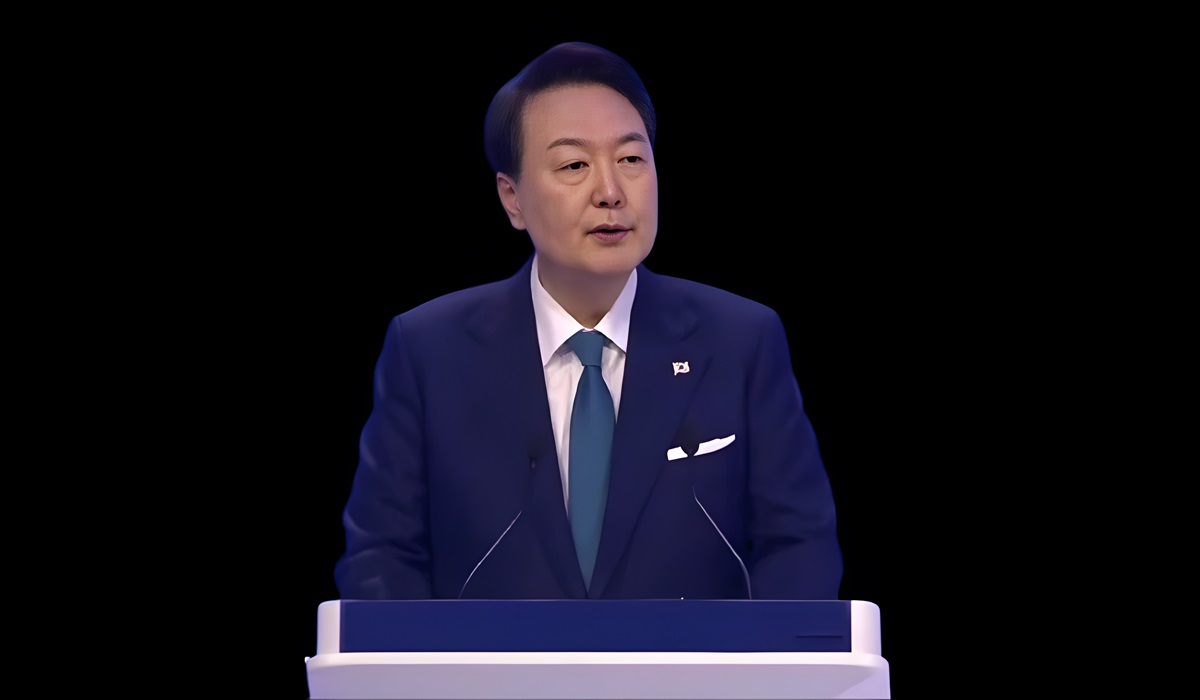DeSantis’s Believes Invading Mexico is the Answer to America’s War On Drugs
- Kingston Bailey
- Breaking News
- August 28, 2023

Florida Governor Ron DeSantis has made headlines with his provocative statements about using the US military for a full-scale invasion of Mexico to combat the drug trade. This rhetoric has sparked debate and raised concerns about his suitability as a potential Commander in Chief. As the nation emerges from its involvement in conflicts like Afghanistan, the implications of such a proposal warrant careful consideration.
DeSantis’s bold claims come when his poll numbers appear slipping, prompting speculation that he might be throwing ideas against the wall to see what resonates with the public. One such idea revolves around the ongoing and complex drug trade between the United States and Mexico. This issue is marked by a tangled web of addiction, supply, and demand, with financial interests on both sides of the border.
The call for military action is not new and has often been used as a rallying cry to address the drug war’s complexities. However, history has shown that this approach seldom achieves its intended goals. Decades of effort and significant financial investment have yielded limited success. The concept of an invasion of a sovereign nation, particularly one that is an ally and neighbor, raises significant ethical, diplomatic, and strategic concerns.
The war on drugs has historically been a multifaceted endeavor, involving not only law enforcement but also intelligence agencies. At times, the US government’s involvement raises questions about the extent to which intelligence agencies have contributed to or exacerbated the drug trade’s challenges. The complexities of this issue extend beyond mere military intervention and touch upon systemic flaws in drug policy, both domestically and internationally.
Considering the broader context of global alliances and the United States’ standing in the international community is important. In an era where trust and collaboration are paramount, any suggestion of invading an ally sets off alarm bells. The repercussions of such an action could reverberate across diplomatic relationships, potentially erasing progress made in recent years. The world is watching, and the United States has a delicate balance between its domestic priorities and international obligations.
The idea of invading Mexico is puzzling, dangerous, and a head scratcher. In an era where diplomacy and cooperation are crucial, the notion of military intervention against a sovereign neighbor and ally raises serious concerns. Such a move could potentially strain international relations and have far-reaching implications for global stability.
Furthermore, the notion of another unwanted war is a massive waste of hundreds of billions, if not over a trillion dollar, worth of American taxpayer dollars is a sentiment shared by many. As the nation grapples with pressing domestic issues, such as poverty, homelessness, healthcare, natural disasters, and the battle against anti-science sentiments and vaccine hesitancy, the allocation of resources should ideally address these critical problems. These are the issues that demand attention and funding, as they directly impact the well-being of the American people.
In particular, the opioid epidemic stands as a monumental challenge, affecting countless lives across the nation. Instead of diverting resources towards an invasion, addressing this public health crisis requires comprehensive strategies that include addiction treatment, prevention, and community support. By channeling financial resources into combating the root causes of such issues, the government can work to create a safer, healthier, and more prosperous society.
As the nation moves forward, the emphasis should be on finding constructive and sustainable solutions to complex challenges. While the drug trade is a serious concern, a military invasion will unlikely provide a panacea. Past experiences have demonstrated that such an approach can lead to unintended consequences and prolonged conflict. As the United States navigates a post-Afghanistan era, exploring alternative strategies that prioritize diplomacy, collaboration, and long-term solutions is imperative. The road to addressing the drug trade’s challenges is complex, and the nation’s approach should reflect the lessons of history and the principles of responsible leadership.








